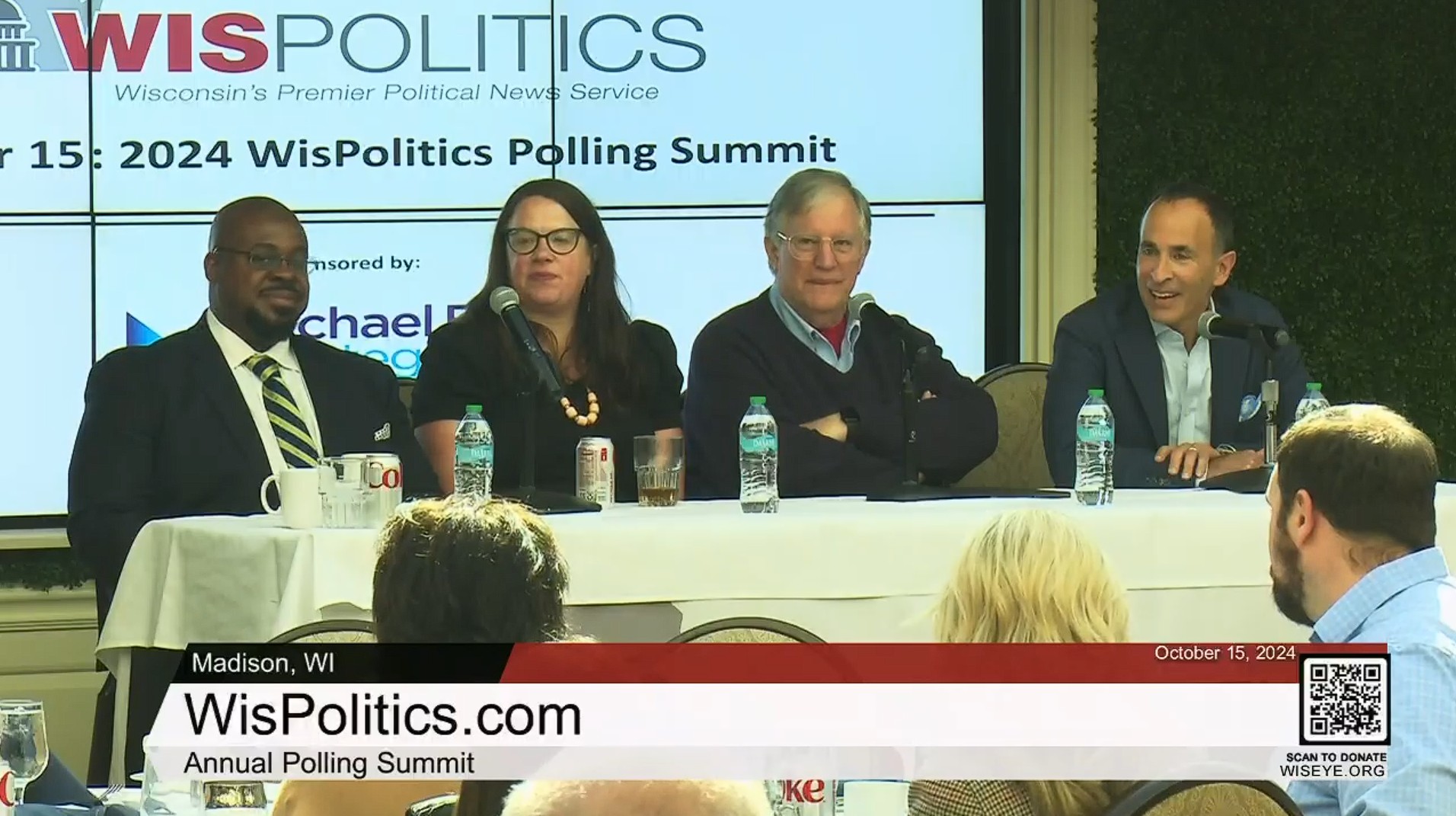Panelists at a WisPolitics-State Affairs polling summit sought to debunk misconceptions about the rural voter and weighed in on President Donald Trump’s gains in rural Wisconsin last year. Pollsters Ryan Tyson, an expert on the Trump voter who has worked for conservative groups, and Marquette Law School Poll Director Charles Franklin spoke at the Sept. 25 event along with GOP strategist and “Land...
Please log in to access subscriber content.
If you don't have a subscription, please contact schmies@wispolitics.com for subscription options on the WisPolitics-State Affairs platform, which is the new home for WisPolitics subscriber products.


